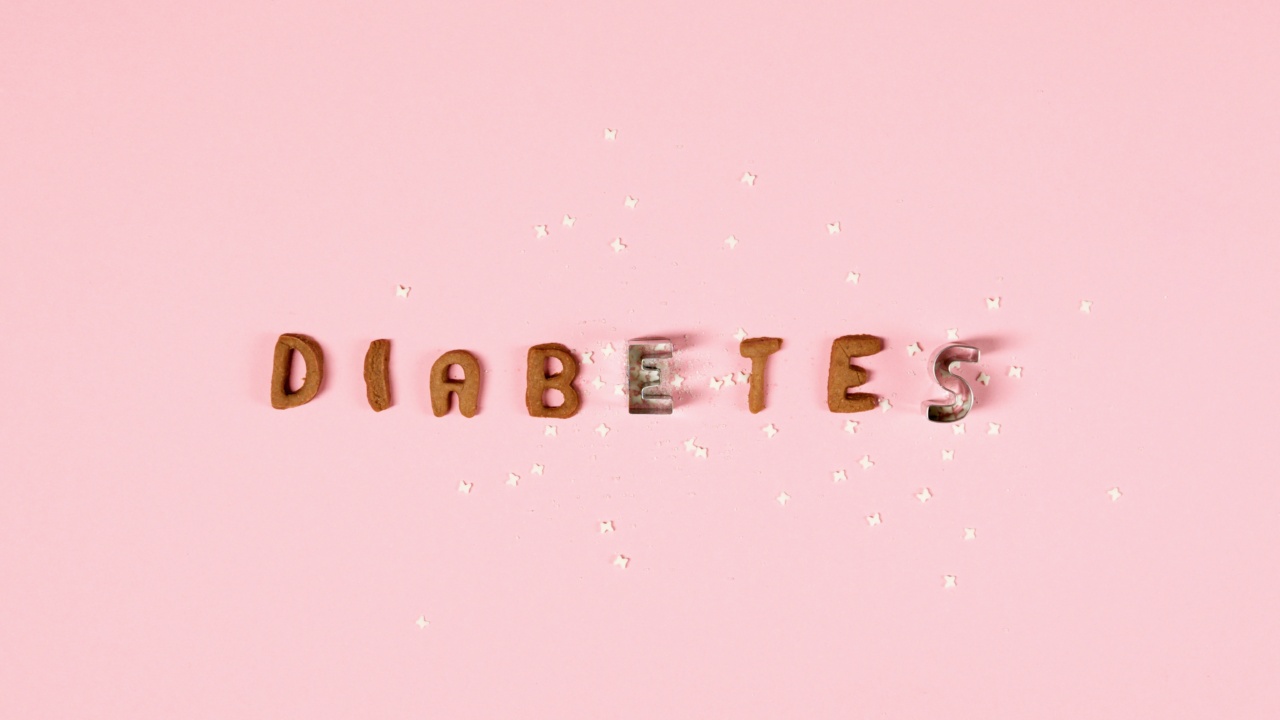Living with type 2 diabetes can be challenging, as it requires careful management of blood sugar levels and the prevention of complications. One aspect of diabetes care that is often overlooked is the impact of this condition on cognitive function.
Research has shown a clear link between type 2 diabetes and cognitive decline, including an increased risk of developing dementia. However, by adopting a specific diet and exercise routine, individuals with type 2 diabetes can potentially enhance their cognitive function and improve their overall quality of life.
The Role of Diet in Enhancing Cognitive Function
When it comes to managing type 2 diabetes, diet plays a crucial role. The right food choices can help control blood sugar levels, improve insulin sensitivity, and maintain a healthy weight.
In addition to these benefits, certain dietary modifications may also have a positive impact on cognitive function. Consider the following dietary strategies:.
1. Focus on Complex Carbohydrates
Incorporating complex carbohydrates such as whole grains, legumes, and vegetables into your diet can provide a steady release of glucose into the bloodstream. This helps maintain stable blood sugar levels, which is essential for optimal brain function.
Additionally, these complex carbohydrates are rich in fiber, which has been associated with a reduced risk of cognitive decline.
2. Increase Intake of Omega-3 Fatty Acids
Omega-3 fatty acids are known for their numerous health benefits, including their positive impact on brain health.
Consuming foods rich in omega-3s, such as fatty fish (salmon, mackerel, and sardines), walnuts, and flaxseeds, may help protect against cognitive decline and improve memory and concentration.
3. Emphasize Antioxidant-Rich Foods
Diabetes is associated with increased oxidative stress, which can damage cells and contribute to cognitive decline.
Including antioxidant-rich foods in your diet, such as berries, leafy green vegetables, and nuts, can help counteract this oxidative damage and support brain health.
4. Limit Added Sugars and Refined Carbohydrates
Avoiding or minimizing the consumption of added sugars and refined carbohydrates is essential for managing blood sugar levels. These types of foods can cause spikes in blood sugar, which may negatively impact cognitive function.
Opt for healthier alternatives, such as stevia or monk fruit sweeteners, and choose whole grain options over refined grains.
The Importance of Regular Exercise
Exercise is not only beneficial for controlling blood sugar levels and maintaining a healthy weight, but it also has a positive impact on cognitive function.
Engaging in regular physical activity can help improve memory, enhance concentration, and boost overall brain health. Consider the following exercise recommendations:.
1. Aerobic Activities
Aerobic exercises, such as brisk walking, swimming, or cycling, have been shown to have significant cognitive benefits. Aim for at least 150 minutes of moderate-intensity aerobic activity per week, or 75 minutes of vigorous-intensity activity.
Spread these sessions throughout the week for maximum benefits.
2. Strength Training
In addition to aerobic exercise, incorporating strength training into your routine is crucial. Strength training helps build and maintain muscle mass, which is particularly important for individuals with type 2 diabetes.
It also promotes the release of growth factors that support brain health. Include two or more sessions of strength training exercises per week, targeting major muscle groups.
3. Balance and Flexibility Exercises
Balance and flexibility exercises, such as yoga or tai chi, are excellent for reducing the risk of falls and improving overall mobility. These activities require focus and concentration, enhancing cognitive function while providing physical benefits.
Consider participating in a balance or flexibility-focused class or incorporating these exercises into your daily routine.
The Holistic Approach: Mind-Body Techniques
Beyond diet and exercise, incorporating mind-body techniques into your routine can further enhance cognitive function and overall well-being.
Strategies such as meditation, deep breathing exercises, and mindfulness have been shown to reduce stress levels, improve brain function, and support mental clarity. Find a technique that works for you and practice it regularly to reap the cognitive benefits.
The Bottom Line
Living with type 2 diabetes doesn’t have to mean accepting a decline in cognitive function.
By following a specific diet that emphasizes complex carbohydrates, omega-3 fatty acids, and antioxidants while limiting added sugars and refined carbohydrates, individuals with type 2 diabetes can support cognitive health. Additionally, engaging in regular exercise, including aerobic activities, strength training, and balance exercises, can enhance cognitive function and further decrease the risk of cognitive decline.
By adopting a holistic approach that also includes mind-body techniques, individuals can optimize their cognitive function and improve their overall quality of life.





























